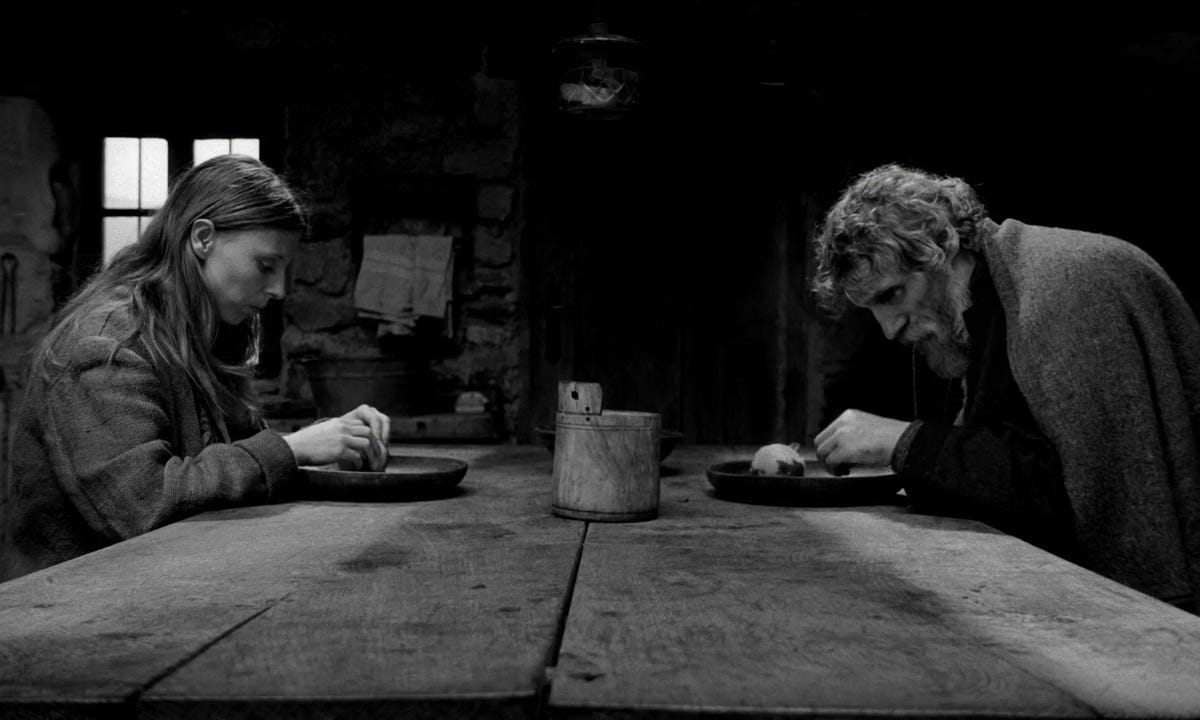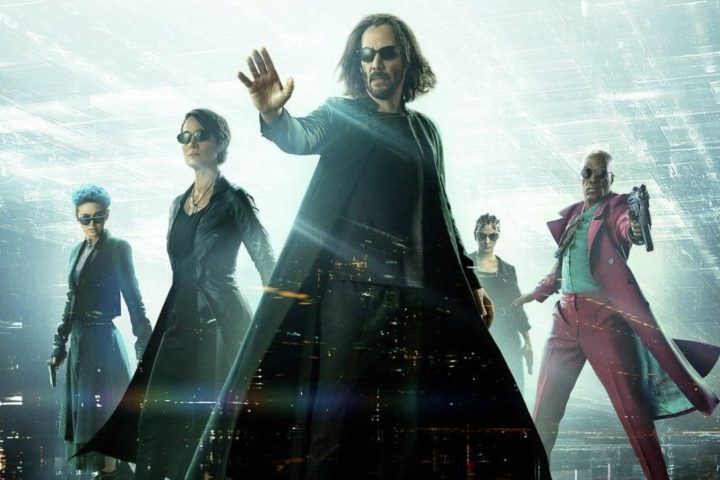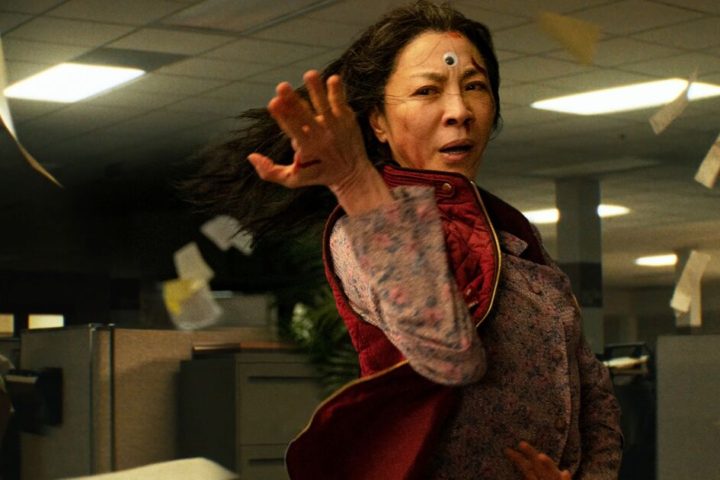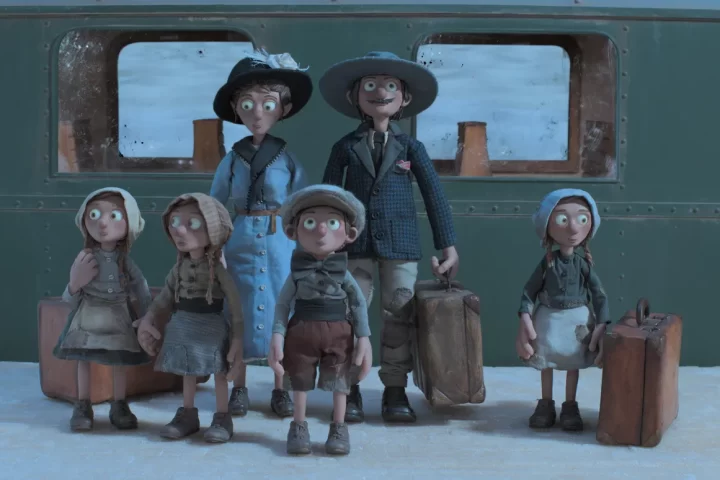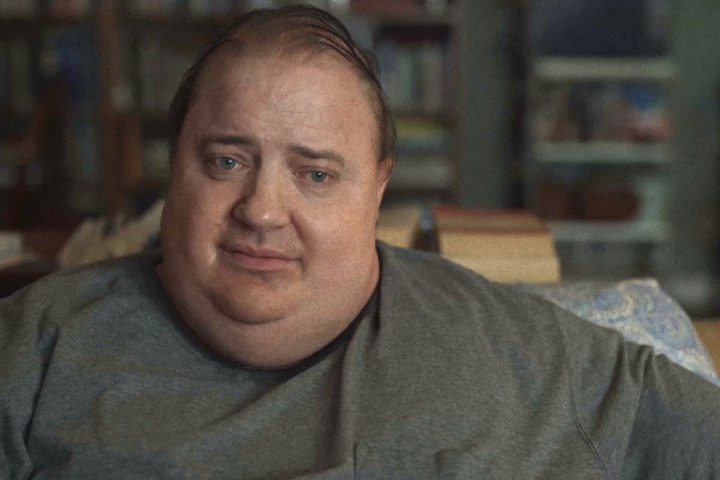Béla Tarr’s The Turin Horse is a meticulous and desolate exploration of life in its most raw and essential state. Through the lens of this sad and philosophical film, we can consider how madness and contemporary life intertwine in an eternal, often indistinguishable, and deeply disturbing dance.
The film presents a world where monotony and austerity are not merely circumstances but characters that play a crucial role in the narrative. The life of the father and daughter, living on their desolate farm, reflects contemporary existence where many feel trapped in an incessant routine, watching as their vigor and purpose slowly fade away, symbolized here by the gradual decline of their horse. In this sense, the film mirrors the irrationality of our modern lives, where hope and despair are entwined in an endless embrace.
The philosophical context of the movie is further deepened when considering the famous anecdote of Nietzsche embracing a maltreated horse in Turin. This event marked the beginning of his madness. This moment, previously portrayed literarily by Dostoevsky, resonates with the film’s theme: the repetition of history, the eternal struggle of man against cruelty, and the inherent madness of the human condition. Nietzsche’s madness is not his alone; it is the madness of modern reason, which Tarr illustrates through decay and suffering. Is this madness the result of man’s inherent evil or a reaction to it? The film leaves us contemplating whether madness is a symptom or a cause of our collective pain.
As Nietzsche suggests, the world of The Turin Horse is much smaller than the world of imagination. However, this reduced world is a microcosm of the broader human universe, where daily struggles and personal tragedies become a meditation on life itself. As the horse sinks into darkness, so do the characters and, by extension, we, the viewers. We immerse ourselves in the madness of their world, feeling the heaviness of their existence and the unsettling familiarity of their despair.
Tarr’s powerful narrative offers no comfort or easy solutions. Instead, it leaves us with an implicit conclusion: in all its beauty and brutality, life is madness itself. Our quest for meaning and understanding is often thwarted by the harsh realities of the world. But perhaps in that quest, in the very act of contemplating and questioning, we find our most profound moments of connection and clarity. The Turin Horse is not just a movie; it’s an experience that challenges our perception of life, madness, and existence.
